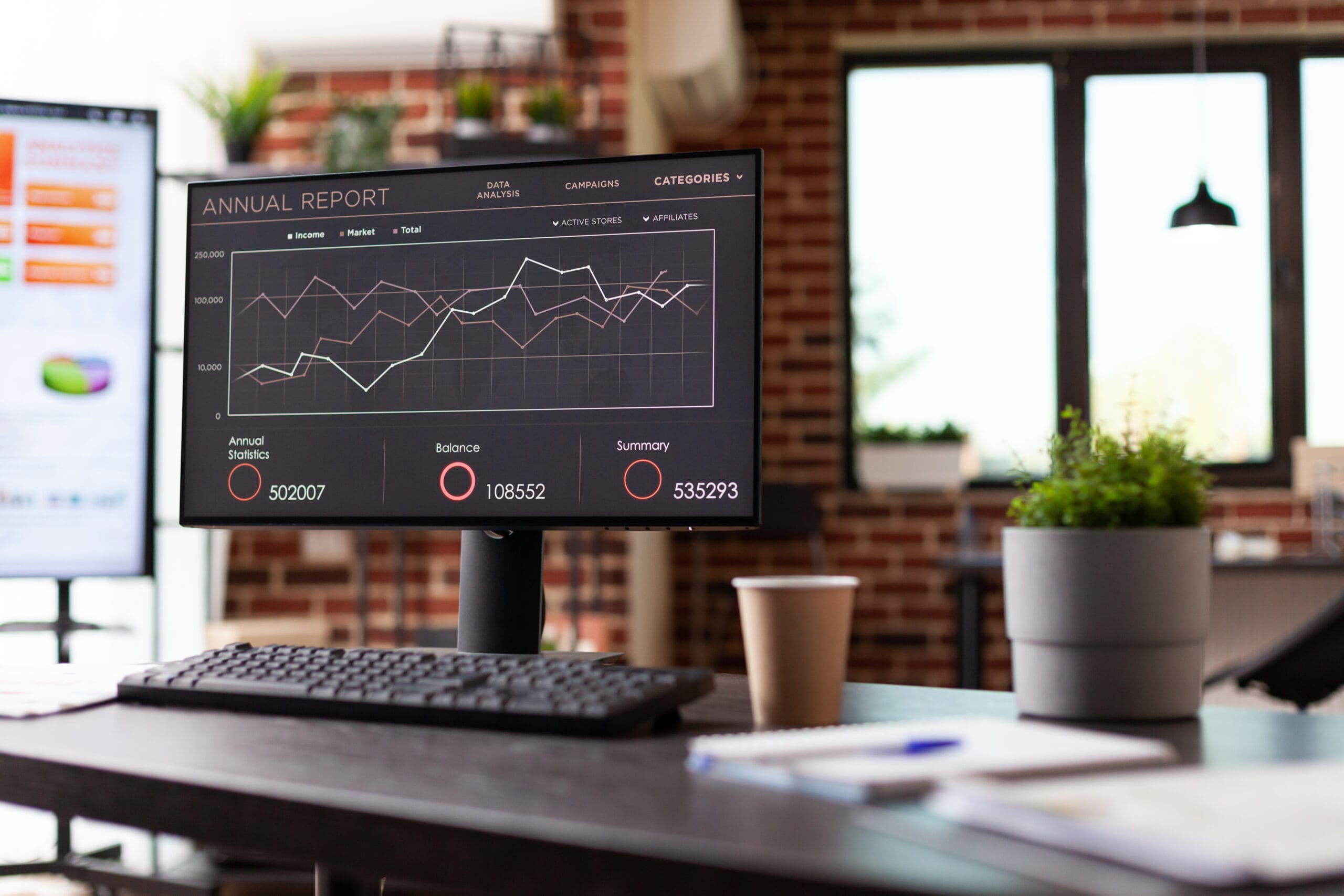Posted by
on
The retail landscape is constantly evolving, and technology is at the forefront of this transformation. As consumers become more tech-savvy and their expectations rise, retailers are leveraging emerging technologies to stay competitive, enhance customer experiences, and optimize operations. In this blog post, we’ll explore the latest trends in retail technology that are reshaping the industry, from AI-driven analytics to omnichannel strategies.

Artificial Intelligence (AI) is revolutionizing how retailers collect, analyze, and utilize data. AI-driven analytics enable retailers to gain deep insights into consumer behavior, preferences, and purchasing patterns. By analyzing vast amounts of data in real-time, AI helps retailers make informed decisions on inventory management, pricing strategies, and personalized marketing.
For example, AI-powered recommendation engines can analyze a shopper’s browsing history and previous purchases to suggest products they are likely to buy, increasing sales and customer satisfaction. Additionally, predictive analytics can forecast demand, helping retailers optimize stock levels and reduce waste.
In today’s retail environment, customers expect a seamless shopping experience across multiple channels, whether they are shopping online, in-store, or through mobile apps. Omnichannel strategies integrate these channels, allowing customers to interact with a brand in a consistent and personalized way, regardless of the platform.
Retailers are implementing omnichannel strategies by offering services such as buy online, pick up in-store (BOPIS), and endless aisle, where customers can order products online that are not available in-store. This approach not only enhances convenience for customers but also increases sales opportunities for retailers.
Augmented Reality (AR) and Virtual Reality (VR) are transforming the way customers shop by providing immersive and interactive experiences. AR allows customers to visualize products in their own environment before making a purchase, which is particularly useful in the home decor and fashion industries. For instance, furniture retailers can use AR apps to let customers see how a sofa would look in their living room.
VR, on the other hand, creates entirely new shopping experiences. Retailers can offer virtual stores where customers can browse and shop from the comfort of their homes. These technologies not only enhance the shopping experience but also reduce the likelihood of returns by helping customers make more informed decisions.
Contactless payments have seen a significant rise in popularity, especially in the wake of the COVID-19 pandemic. Technologies like Near Field Communication (NFC) and mobile wallets have made it easier for customers to make secure payments without physical contact. Retailers are adopting contactless payment systems to enhance the customer experience and increase transaction speed.
Additionally, contactless payments offer enhanced security features, such as tokenization and biometric authentication, reducing the risk of fraud and increasing consumer trust.
Blockchain technology is gaining traction in the retail industry for its ability to enhance transparency and traceability in the supply chain. By recording transactions on a decentralized ledger, blockchain allows retailers and consumers to verify the authenticity and origin of products. This is particularly valuable in industries such as luxury goods, where counterfeit products are a significant concern.
Blockchain can also streamline processes such as inventory management, payments, and contract management, reducing costs and increasing efficiency.
Automation and robotics are playing an increasingly important role in retail, particularly in areas such as warehouse management, inventory tracking, and order fulfillment. Automated systems can quickly and accurately process orders, manage stock levels, and even handle customer service inquiries.
In-store robots are also becoming more common, assisting customers with finding products, answering questions, and even checking out items. These technologies help retailers reduce labor costs, improve accuracy, and provide a more efficient shopping experience.
Sustainability is a growing concern for consumers, and retailers are responding by adopting eco-friendly technologies. From energy-efficient lighting and smart HVAC systems to digital receipts and packaging solutions, retailers are finding ways to reduce their environmental impact.
In addition, technologies like AI and IoT (Internet of Things) are helping retailers optimize their supply chains, reduce waste, and improve resource management. By embracing sustainable technology, retailers can meet consumer demand for environmentally responsible practices while also reducing costs.
The retail industry is undergoing a technological revolution, and staying ahead of the latest trends is essential for success. By adopting AI-driven analytics, omnichannel strategies, AR and VR, contactless payments, blockchain, automation, and sustainable technologies, retailers can enhance the customer experience, streamline operations, and drive growth. As these technologies continue to evolve, the future of retail promises to be more innovative and customer-centric than ever before.
Meta Store is committed to helping retailers navigate these technological changes and leverage them to their advantage. Stay tuned to our blog for more insights and updates on the latest trends in retail technology.